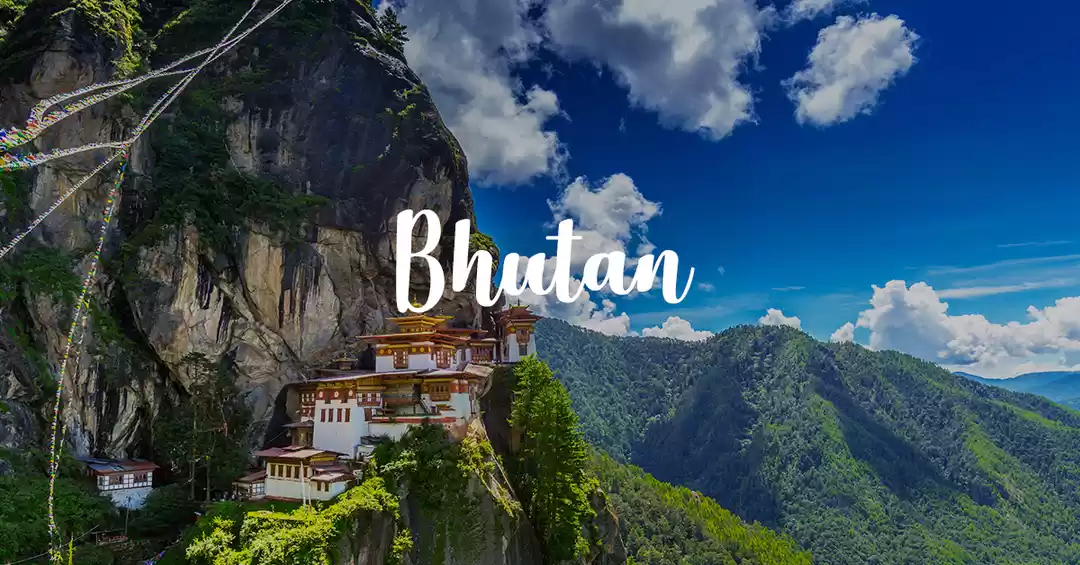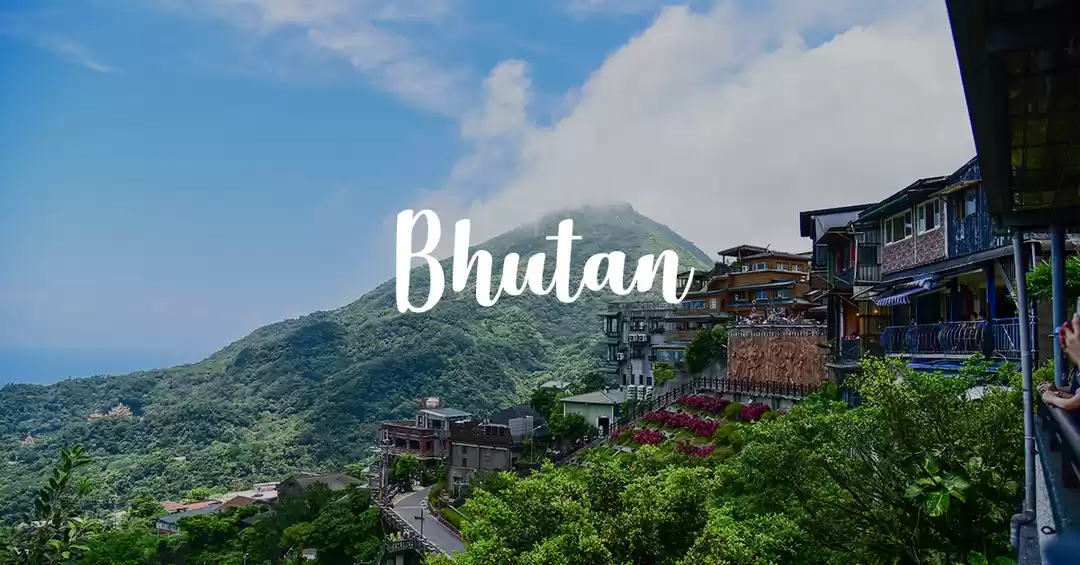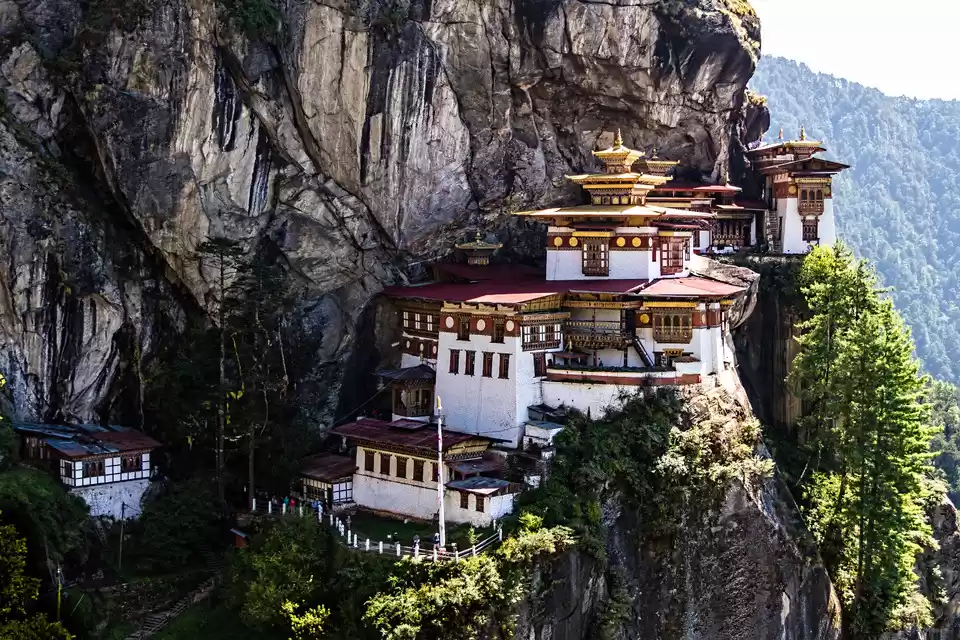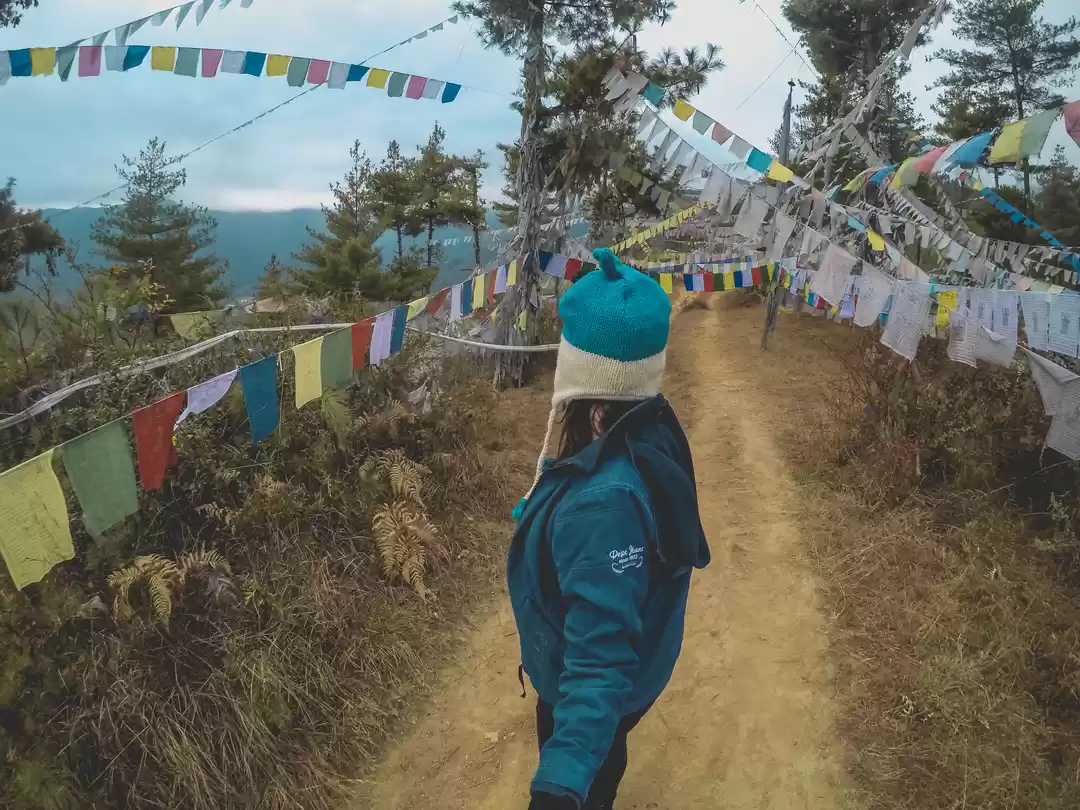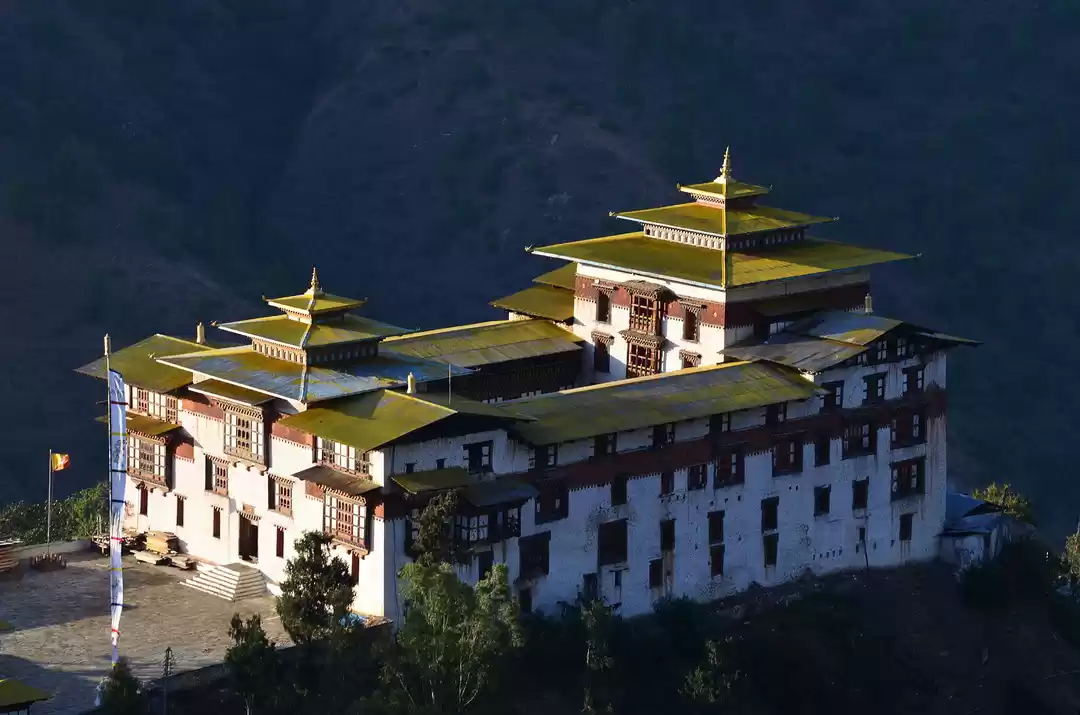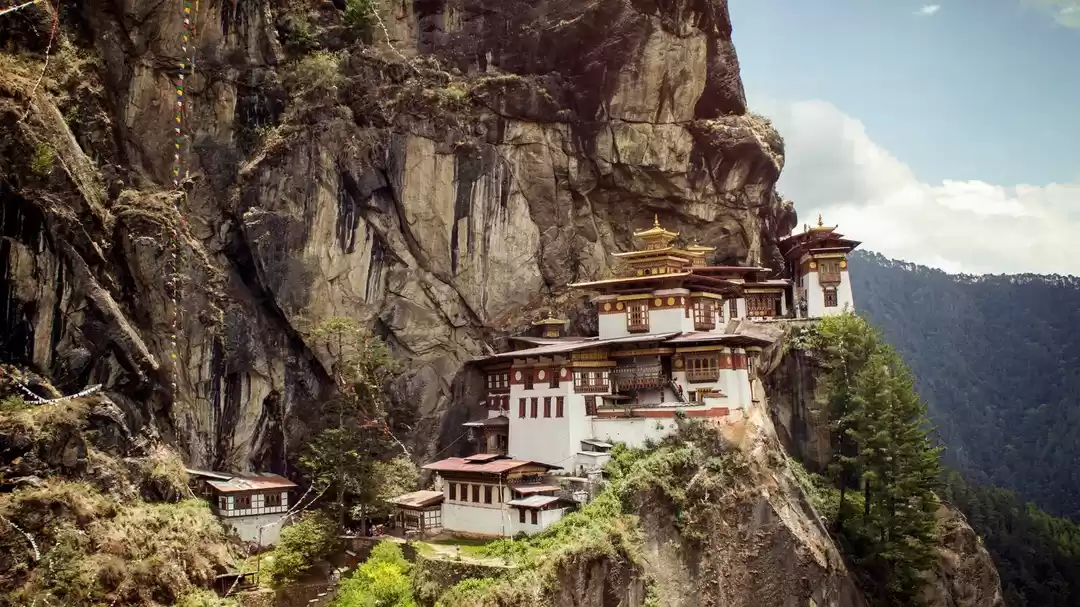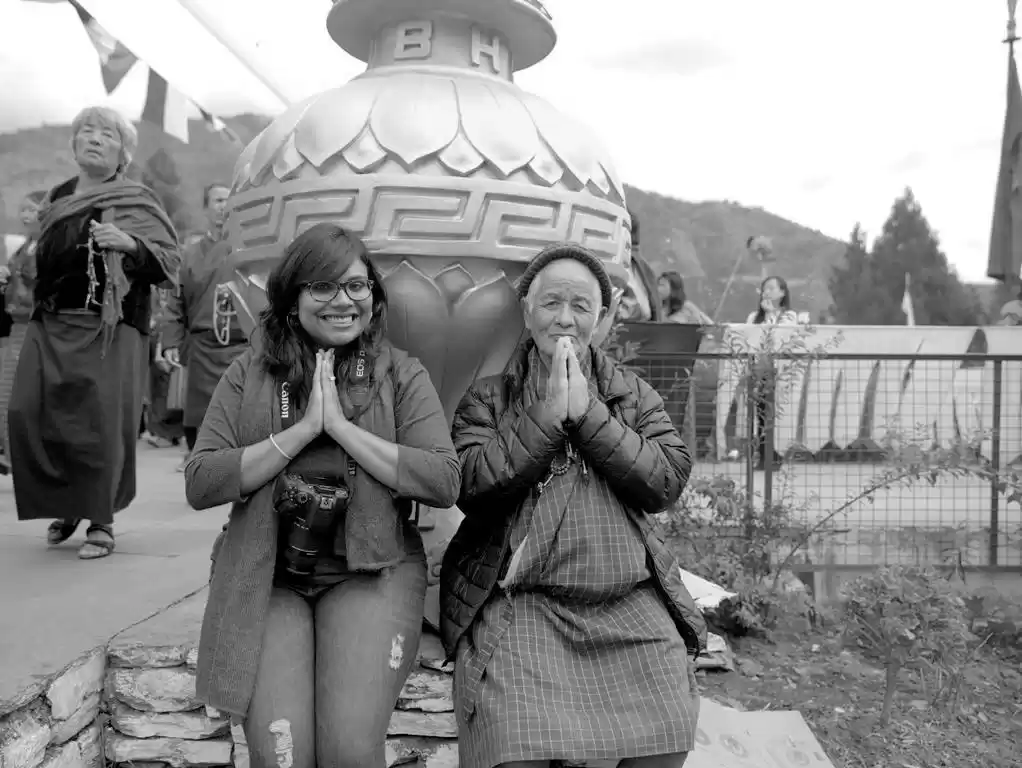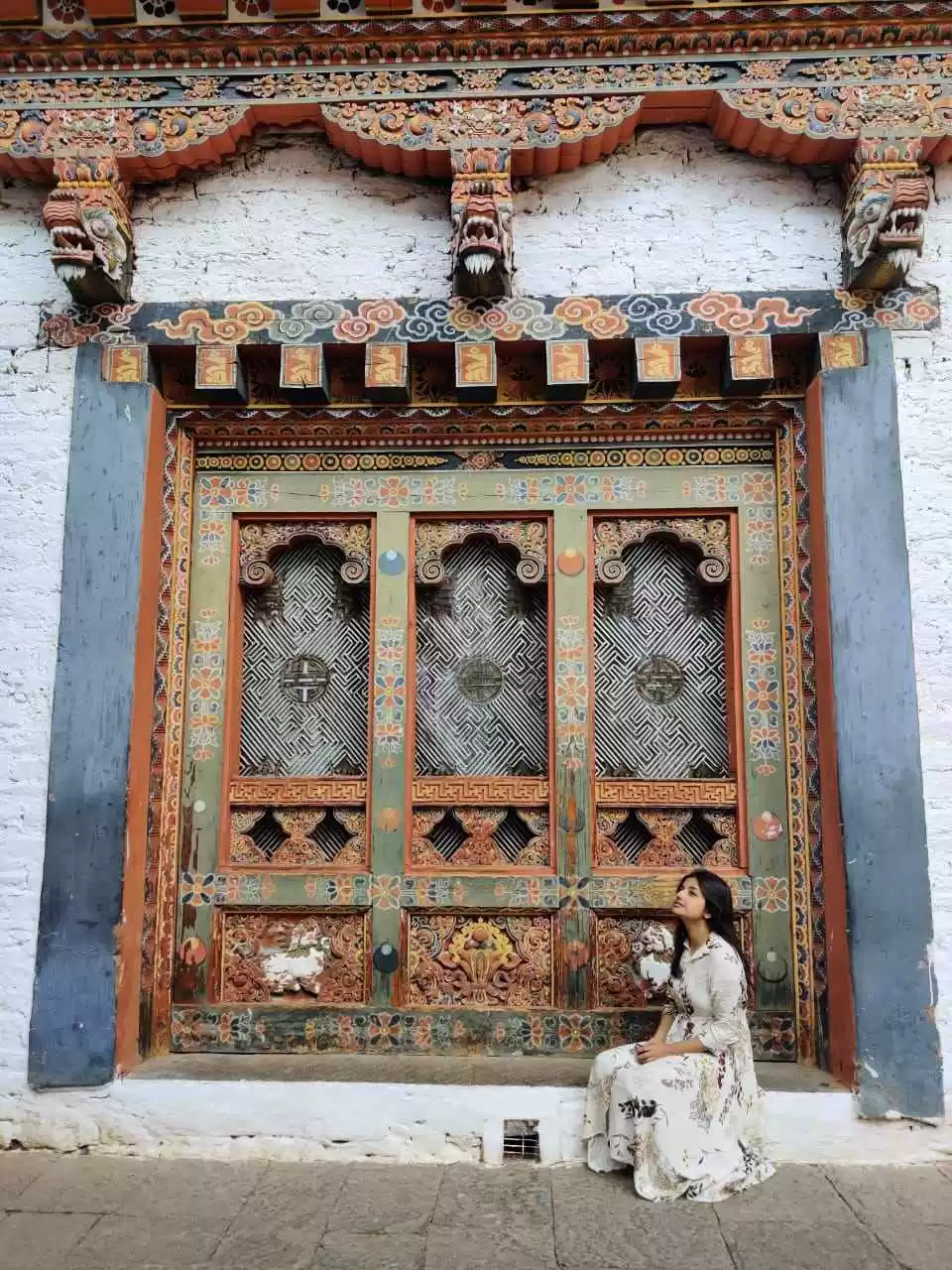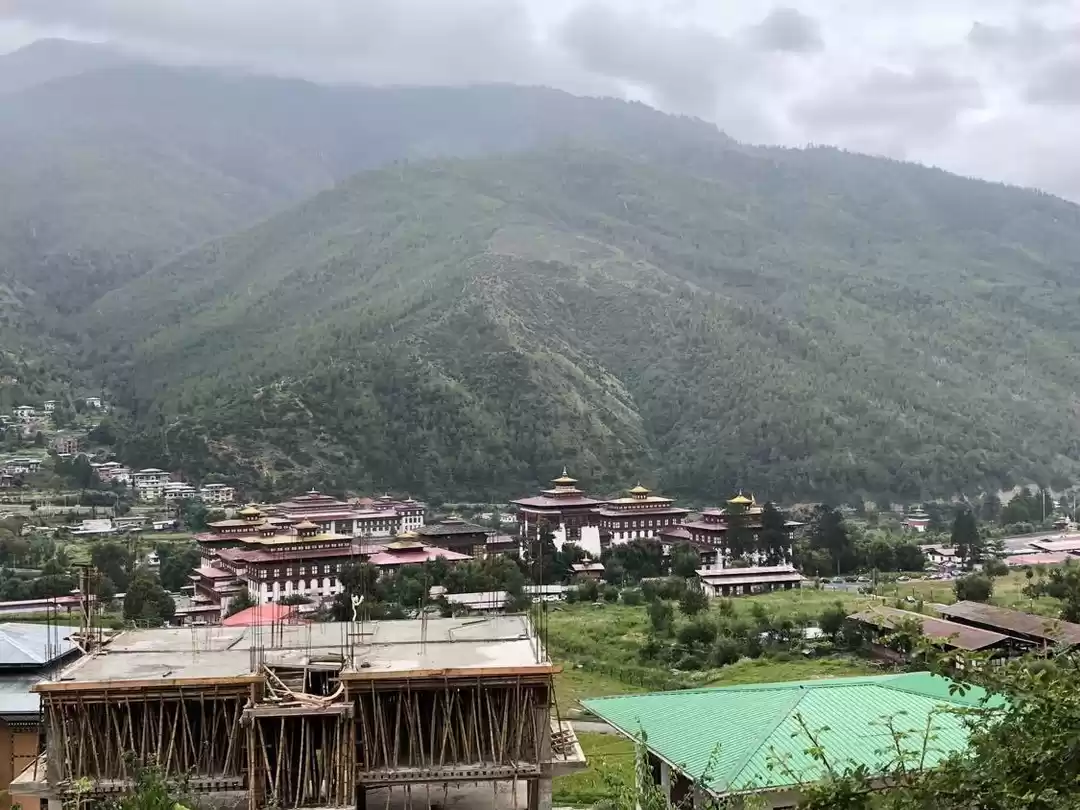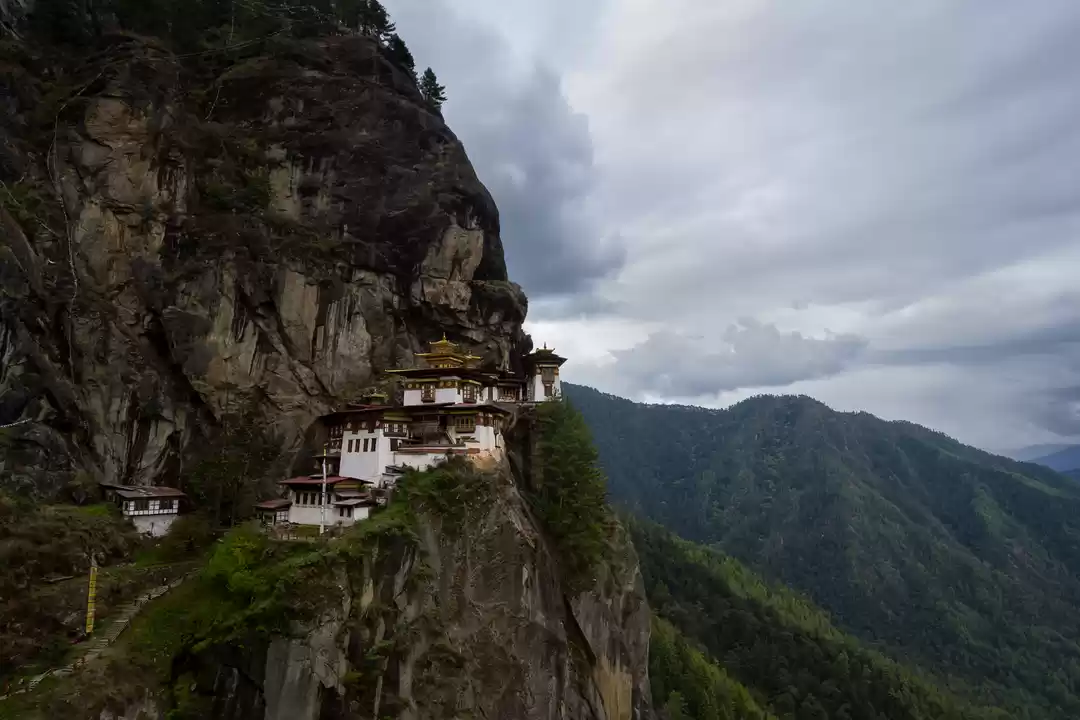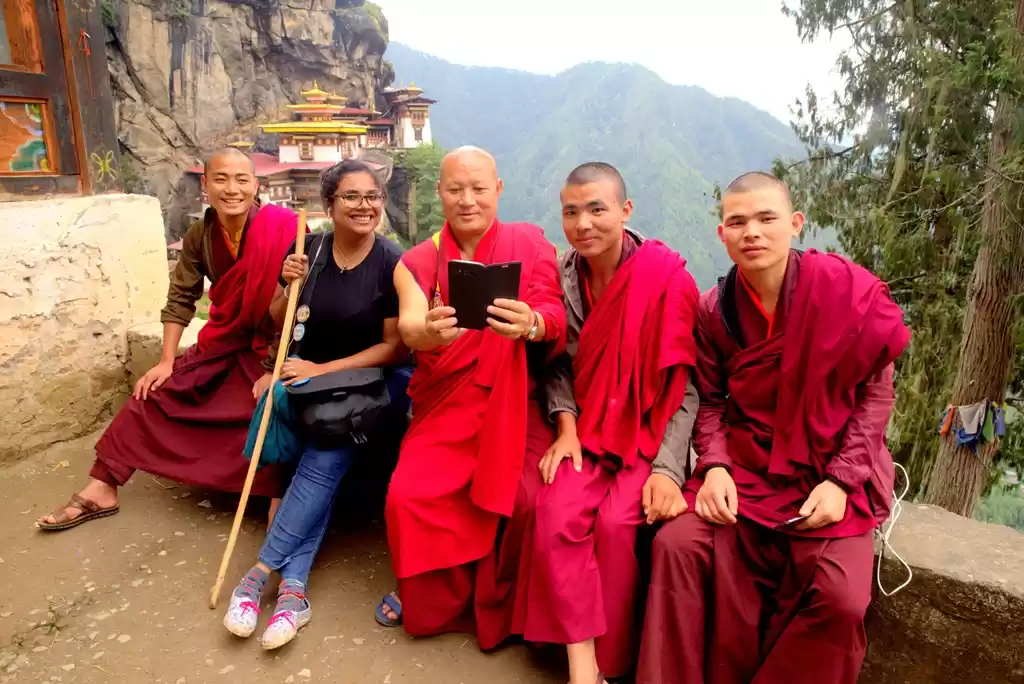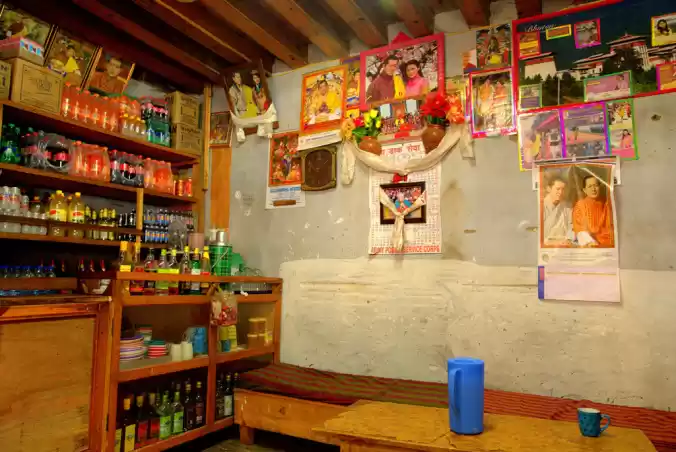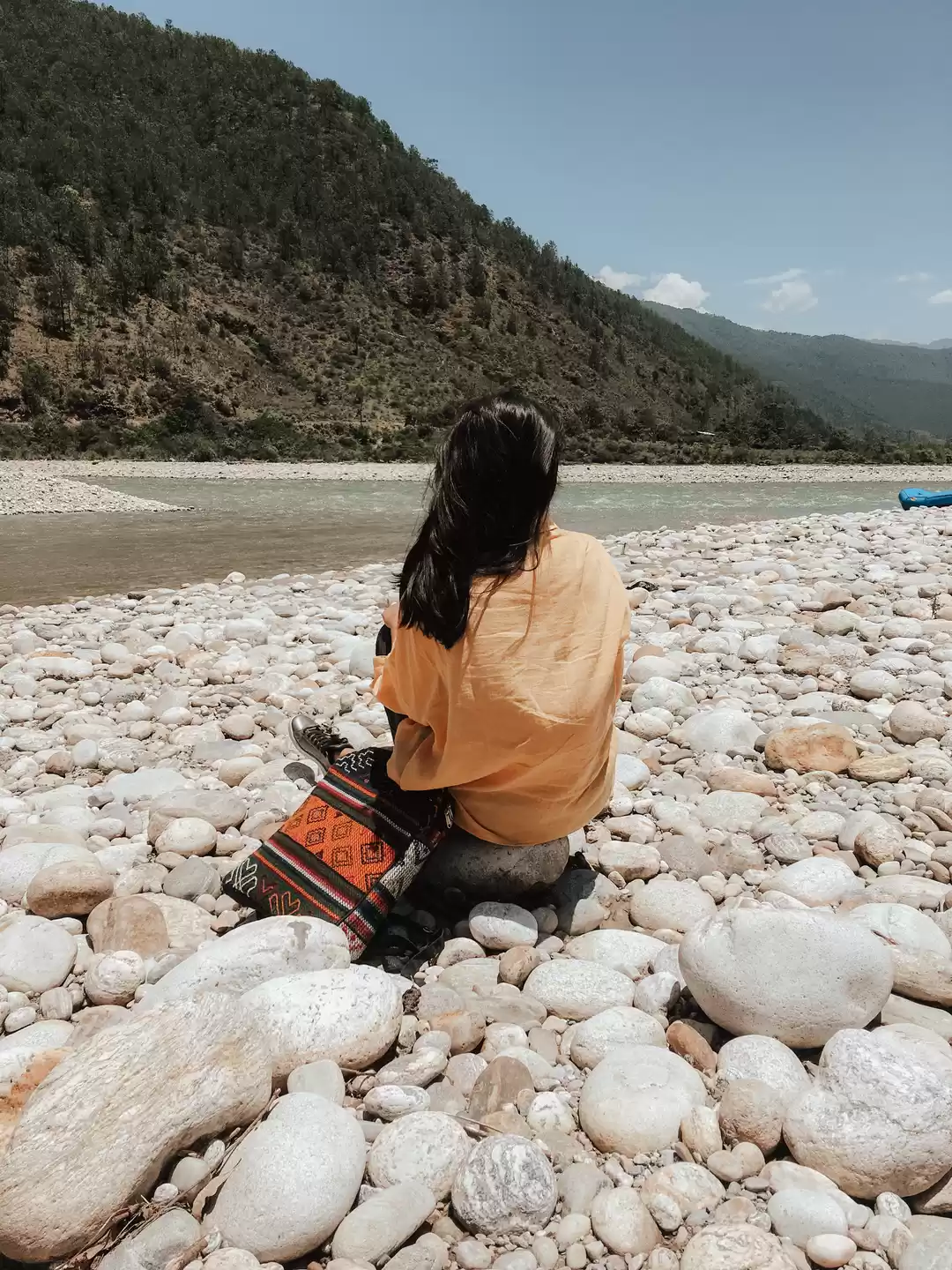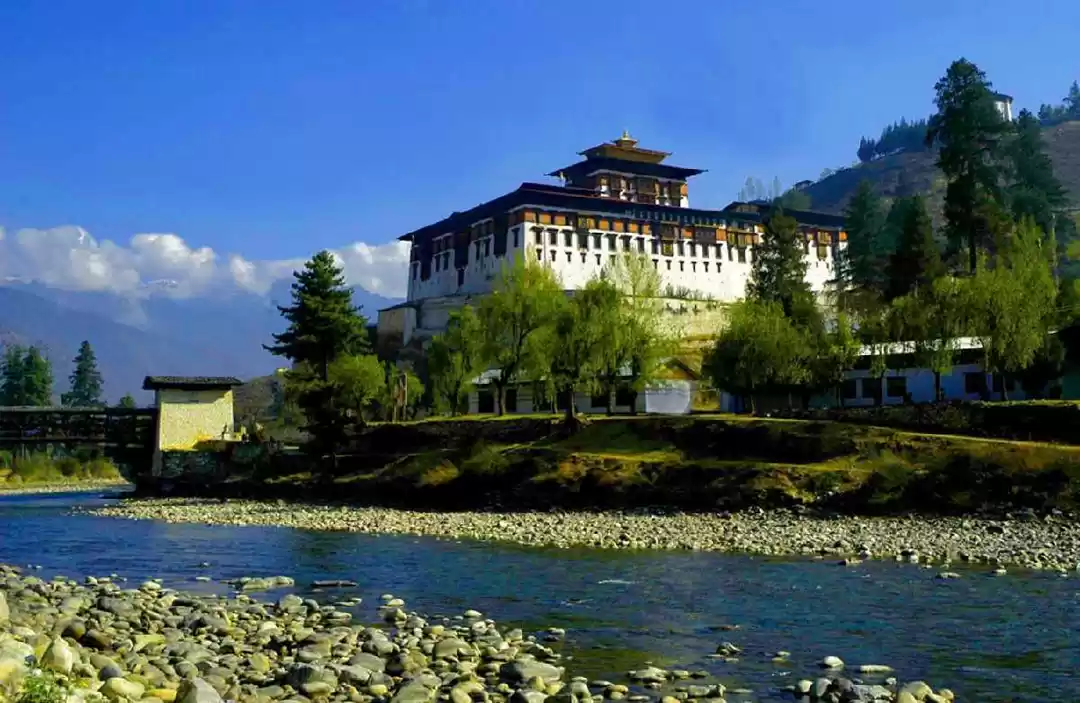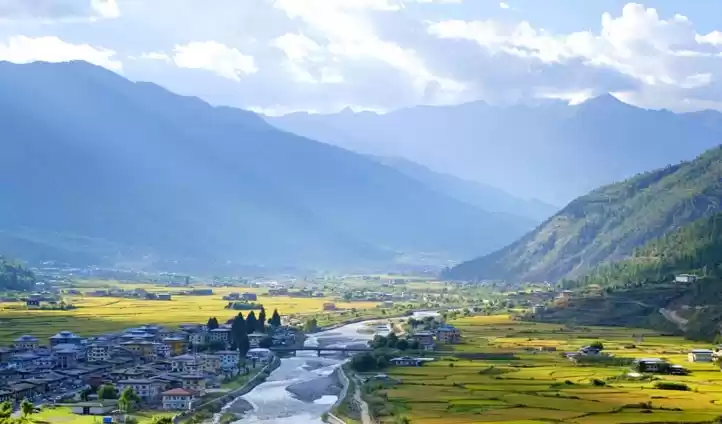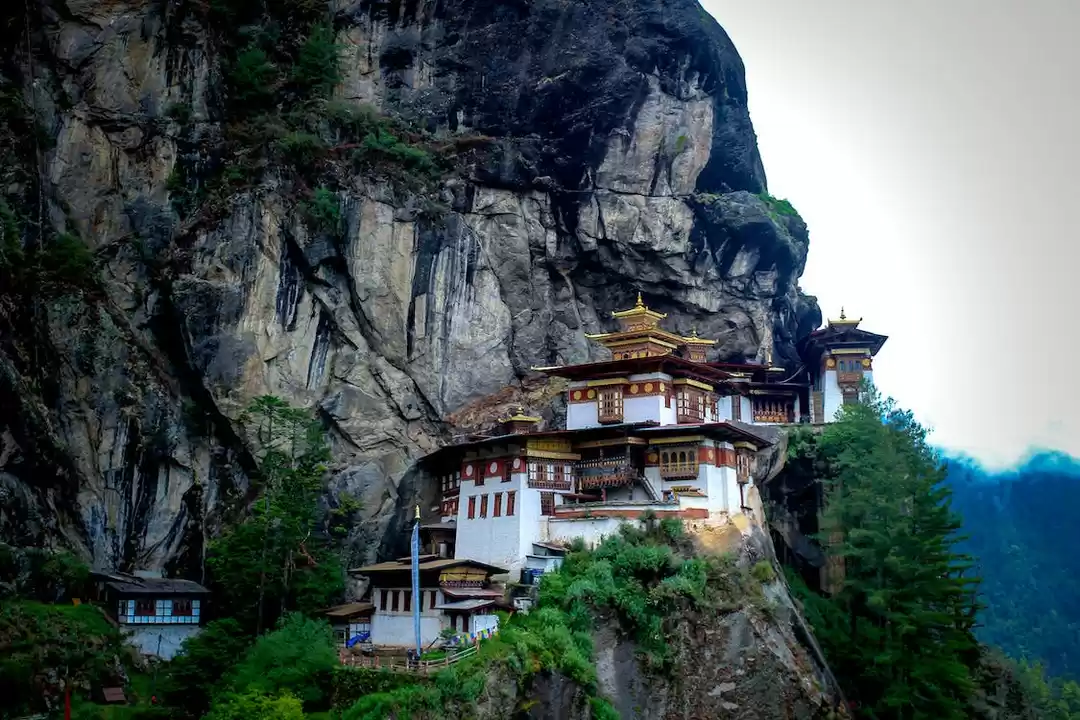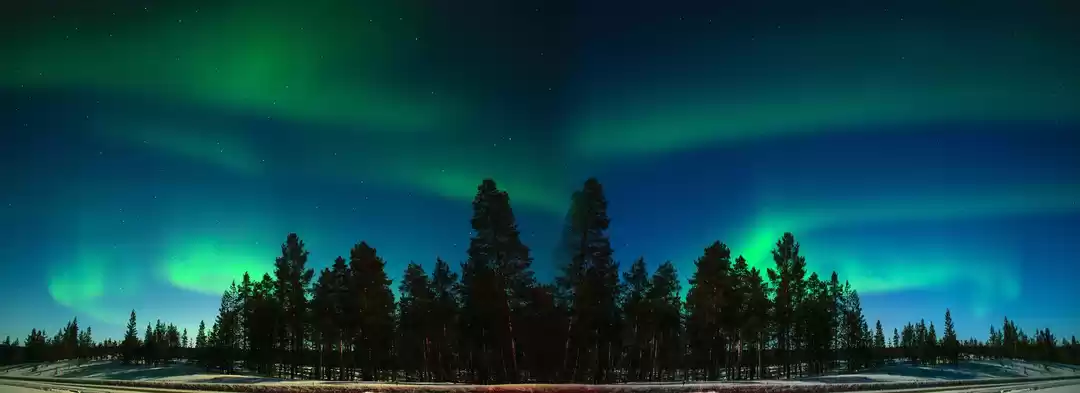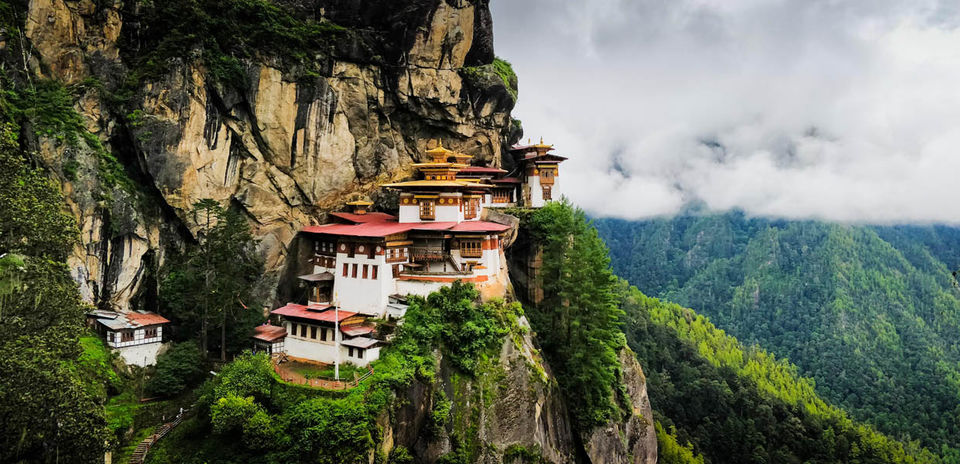
If you love travelling or have ever browsed through travel destinations around the world, you surely would have seen pictures of Bhutan like these:
In today’s world where densely populated metropolitan cities around the world are contributing to global warming with their carbon emissions, Bhutan is not even a carbon-neutral but a carbon negative country. The word “Bhutan” translates to “Land of the Thunder Dragon.” It earned the nickname because of the fierce storms that often roll in from the Himalayas. Though it is a very small country having a small economy with people just around 700,000, it stands on its goal to always remain carbon neutral. The country generates 2.2 million tons of carbon dioxide but their forests have the capability to sequester more than 3 times the amount.
“Gross Happiness is more important than Gross National Product”
– His Majesty, the fourth king of Bhutan
The entire GDP of Bhutan is less than two billion dollars. Still, education is completely free and for the meritorious students, even college education is free. Bhutan is the first country in the world with specific constitutional obligations on its people to protect the environment. The state provides all the medical and health facilities. Bhutan’s constitution demands that a minimum of 60% of Bhutan’s land must be under forest cover. Anyone found guilty of killing a highly endangered and culturally sacred black-necked crane could be sentenced to life in prison.
“The Government should ensure that, in order to conserve the country’s natural resources and to prevent the degradation of the ecosystem, a minimum of 60% of Bhutan’s total land shall be maintained under forest cover for all time”
Article 5 Section 3: Constitution of the Kingdom of Bhutan
The median age of Bhutan’s population is only 22.3 years. It is the only country in the world where selling tobacco is banned. It is one of the few remaining Global Biodiversity Hotspots in the world. Electricity is provided free of cost to the farmers to reduce the use of firewood and in turn, reduce the carbon emission. Their entire Government is working its way in making it entirely paperless.



